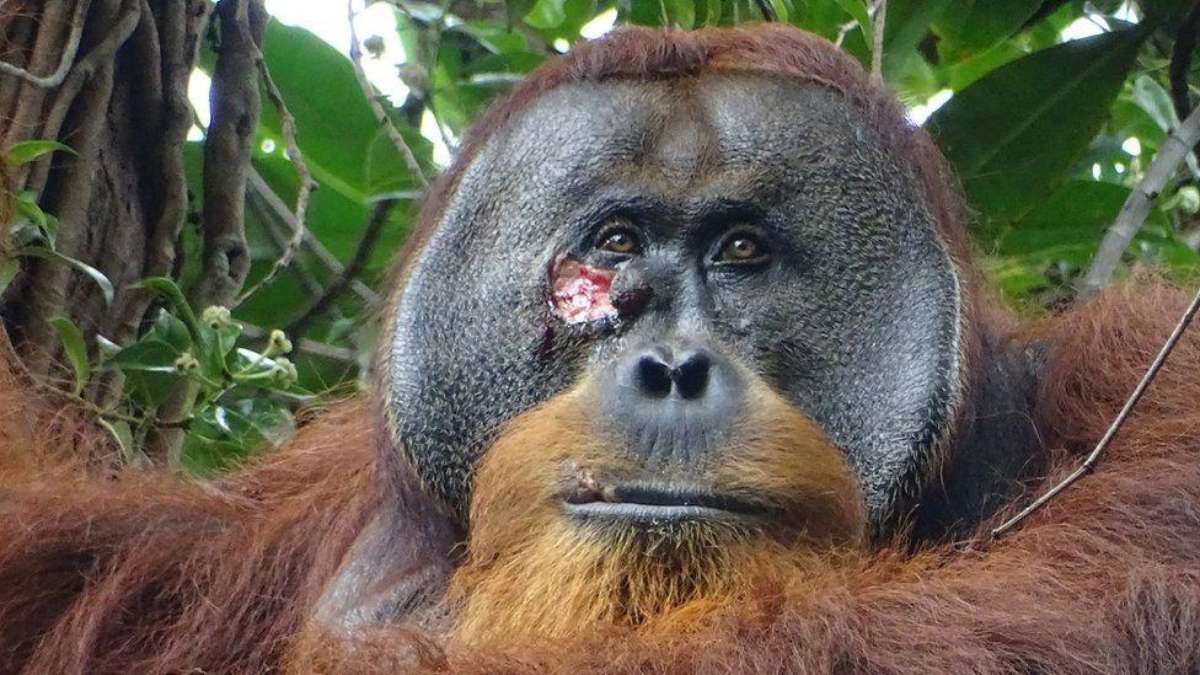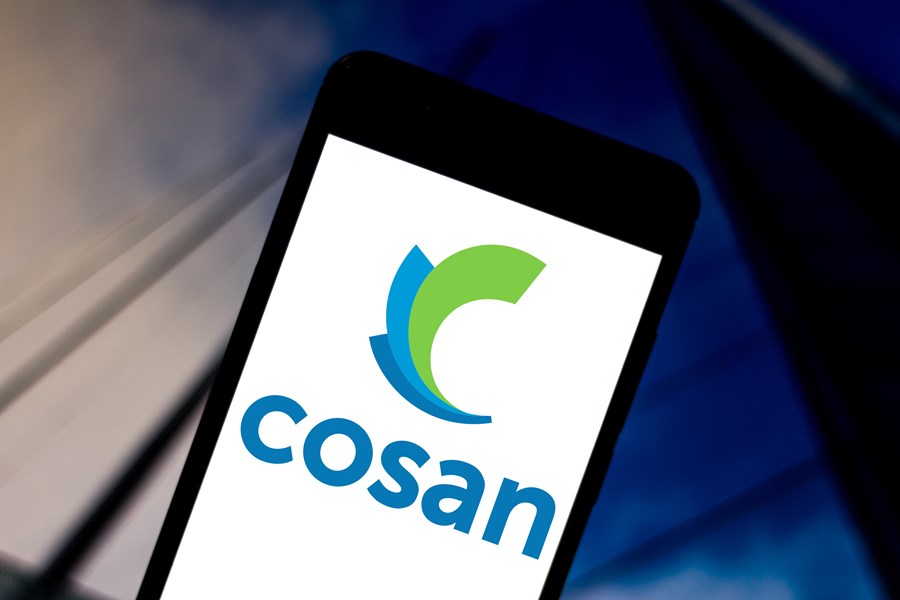kosan (CSAN3) recorded an adjusted net income of R$53.6 million in the second quarter of 2022 (Q222), 94.6% lower than that recorded at the same point in 2021, the company said Friday (12).
Without taking into account the adjustments, the loss would have been R$ 125 million in the second quarter, compared to a positive figure of R$ 996.6 million in the same period in the previous year. According to the company, the performance was affected by the additional financial expenses, which have no monetary impact, in the company, and by the high interest rate, which consequently led to an increase in the cost of indebtedness in all of the group’s business.
Adjusted earnings before interest, tax, depreciation and amortization (Ebitda) totaled R$4.144 billion in the second quarter of ’22, an increase of 34.5% over the second quarter of ’21.
“The result was driven by the excellent operational performance of all companies in the portfolio, highlighting, at Raízen, high volumes sold, while increasing profitability,” the company commented.
Total net revenue amounted to R$42,776 billion in the second quarter of this year, an increase of 69.4% compared to the same period in 2021.
The net financial result was negative R$1.255 billion in the second quarter of 2022, reversing the financial gain of R$101.2 million at the same stage of 2021.
Consolidated Cosan Investments, on a pro forma basis, ended the quarter at R$2.0 billion (+19%), mainly due to an increase in Raízen (+2x), which can be explained by the Biosev consolidation, by an increase in spending on the sugarcane fields , in line with the focus on improving agricultural productivity, and accelerating the construction of the E2G plant.
Shareholders’ cash depreciation (FCFE) was R$331 million in the period, compared to R$794 million generation in Q221. The difference between quarters can be explained primarily by seasonal effects affecting Raízen’s working capital, as well as by The increase in investments, due to the integration of Biosev and the acceleration of renewable energy projects, which was partially offset by increased operating cash generation for other companies.
On June 30, 2022, the company’s net debt amounted to R$ 38.212 billion, an increase of 37.7% compared to the same period in 2021.
The leverage index, measured as net debt/adjusted EBITDA, was 2.4 times on June 22, down 0.3 times compared to the same period in 2021.
Looking for a good buying opportunity? XP استراتيجي strategist reveals 6 cheap stocks to buy today.
Related

“Hardcore beer fanatic. Falls down a lot. Professional coffee fan. Music ninja.”







More Stories
Gerdau (GGBR4) profit reached R$1.25 billion in the first quarter, a decrease of 47.9%; The company announces the distribution of profits
Declining sales of Radeon consoles and GPUs have squeezed AMD’s gaming segment
DET registration is mandatory for MEI from May onwards; See how to register